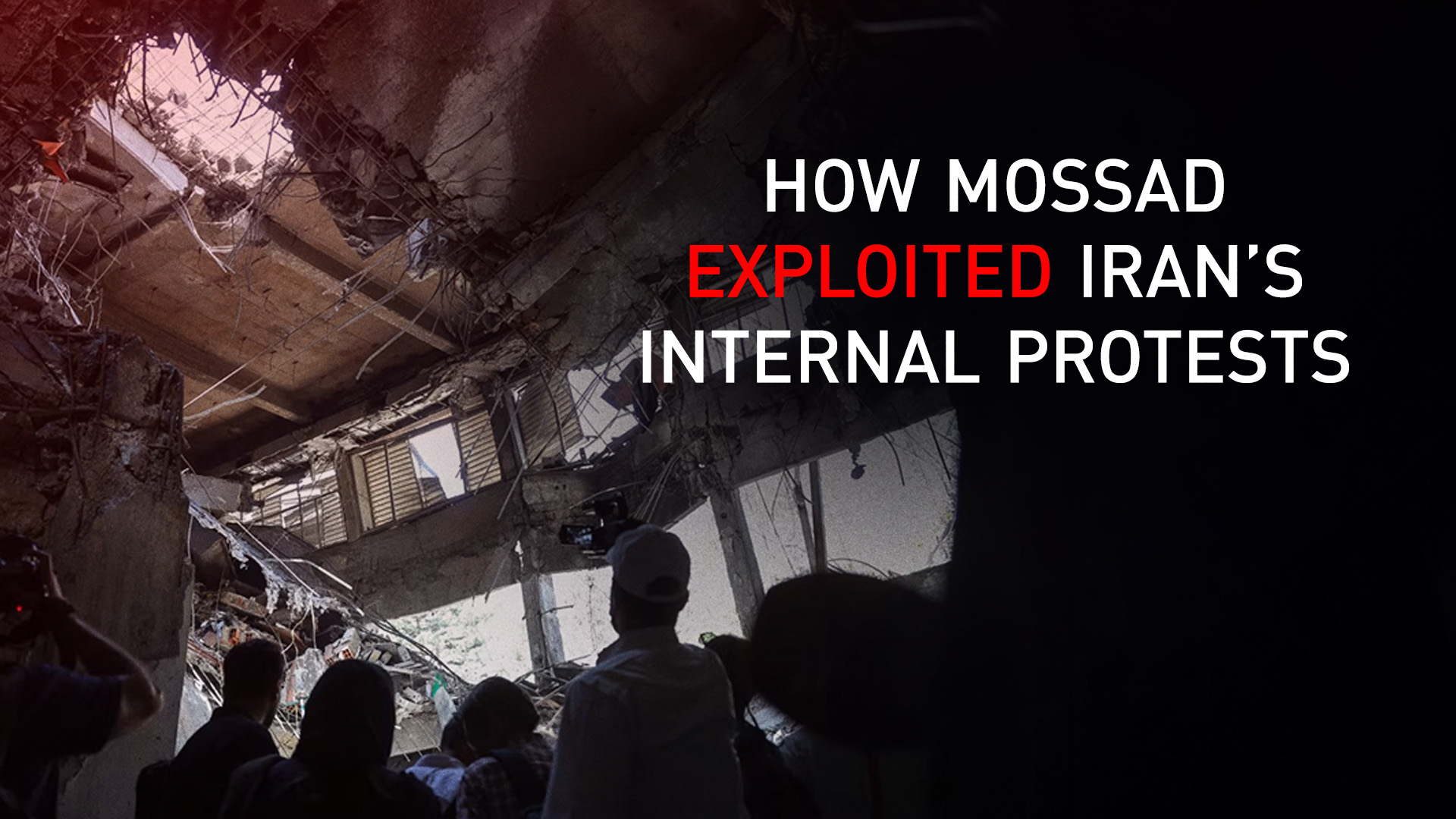Report Details Israeli Use of Iranian Dissidents in Covert War
A ProPublica report reveals Israel's Mossad secretly recruited Iranian dissidents for internal attacks, paving the way for a major airstrike campaign that crippled Iran's defenses and nuclear program, according to Israeli officials.

ERBIL (Kurdistan24) — A bombshell investigative report has detailed a significant strategic shift by Israel’s Mossad intelligence service, revealing that it secretly recruited, trained, and armed Iranian dissidents and other foreign nationals to carry out a wave of commando attacks inside Iran, which proved pivotal in a subsequent large-scale Israeli air assault.
The extensive report, written by Yossi Melman and Dan Raviv for the nonprofit newsroom ProPublica, cites ten present and former Israeli intelligence officials who described the covert operations in detail, outlining a years-long campaign to sabotage Tehran’s military and nuclear infrastructure from within.
According to the ProPublica report, the meticulously planned operation came to a head in the pre-dawn hours of June 13, when teams of Israeli-trained commandos, led by recruited Iranians, launched simultaneous attacks on a carefully selected list of anti-aircraft batteries and ballistic missile launchers across Iran.
This internal assault, which Israeli officials told ProPublica destroyed 100% of its designated air defense targets, effectively disabled Iran’s protective umbrella and allowed the Israeli air force to carry out an 11-day bombing campaign, dubbed Operation Rising Lion, without losing a single plane.
The intelligence officials detailed the devastating impact of the ensuing airstrikes, which reportedly pounded nuclear facilities, destroyed approximately half of Iran’s 3,000 ballistic missiles and 80% of its launchers, and utilized precise intelligence to fire missiles directly into the bedrooms of 11 top Iranian nuclear scientists, killing them all.
In a stunning display of cyber warfare, Israeli spies also sent a fake message to Iran’s senior military leadership, luring 20 of them, including three chiefs of staff, to a phantom meeting in a bunker that was then demolished by a precision strike.
The report by Melman and Raviv frames these events as the culmination of a fundamental change in Mossad’s strategy that began about 15 years ago under former director Meir Dagan.
The agency shifted from relying on its own Israeli operatives, known as "blue and white," to actively recruiting non-Israelis for its most sensitive missions inside Iran.
Officials told ProPublica that the growing unpopularity of the clerical regime made it easier to attract agents, with Dagan himself having noted before his death that "the best pool for recruiting agents inside Iran lies within the country’s ethnic and human mosaic."
The report delves into the intricate "art of recruitment," explaining that operatives were sourced from disaffected Iranians.
Their motives were described as a mix of revenge against a repressive regime, financial incentives, and offers of assistance such as advanced medical care for family members or opportunities for higher education abroad—two methods the Mossad has reportedly used as signature recruitment tools.
Potential agents underwent a rigorous vetting process involving psychological evaluations and polygraph tests before receiving extensive training for months in Israel or third countries.
ProPublica highlights the case of one commando leader, identified only by the initials S.T., an Iranian student who was reportedly tortured by the Basij militia and was motivated by a desire for revenge, but was ultimately swayed by a Mossad offer to arrange specialized medical treatment for a relative.
This strategy was evident in earlier operations, including the 2018 raid on a Tehran warehouse to seize Iran’s nuclear archive and the 2020 assassination of a top physicist using a remotely operated machine gun, both of which officials confirmed were carried out by non-Israeli agents.
The logistics for these operations involved smuggling weapons parts into Iran with the help of unwitting truck drivers and front companies, where they were stored by "infrastructure agents" in safe houses, sometimes for years.
The planning for Operation Rising Lion included a highly risky proposal for an elite commando ground raid on the deeply buried Fordo enrichment facility, which was ultimately rejected by current Mossad chief David Barnea as too dangerous.
Instead, Israeli officials came to believe the Trump administration might assist with its powerful "bunker buster" bombs. In preparation, the Mossad significantly expanded its recruitment division and entrusted its foreign legion with highly sophisticated equipment.
While the attacks significantly set back Iran’s nuclear program, with one former Israeli intelligence chief, General Tamir Hayman, estimating it could take one to two years at the earliest for Iran to return to its threshold status, he also cautioned that the assault could have the opposite effect, making Tehran even more determined to build a bomb to deter future attacks.